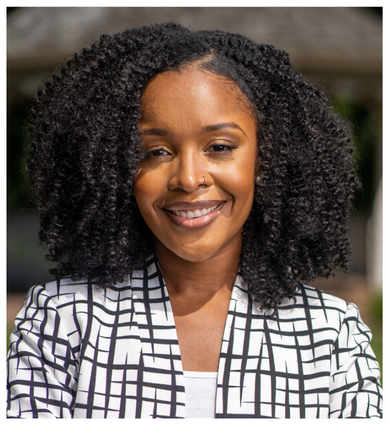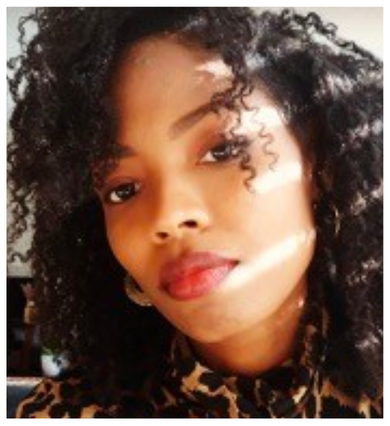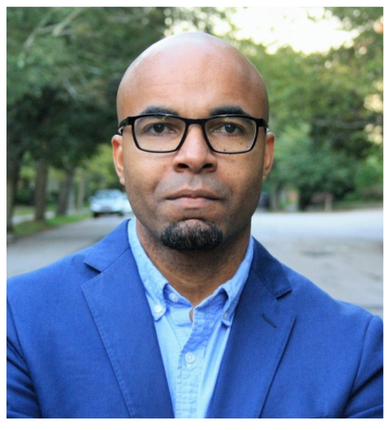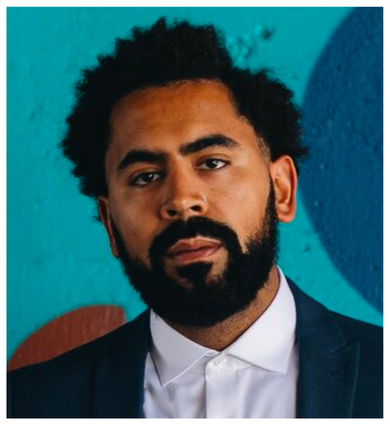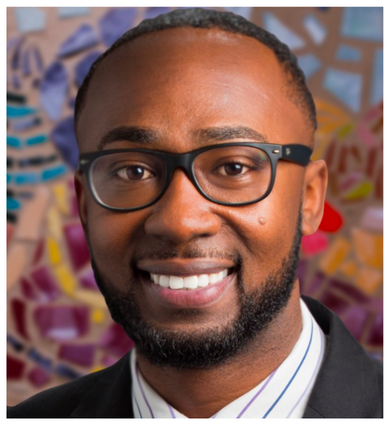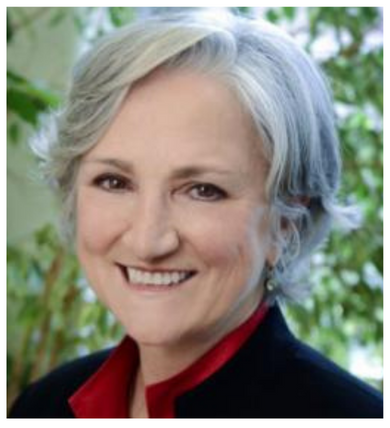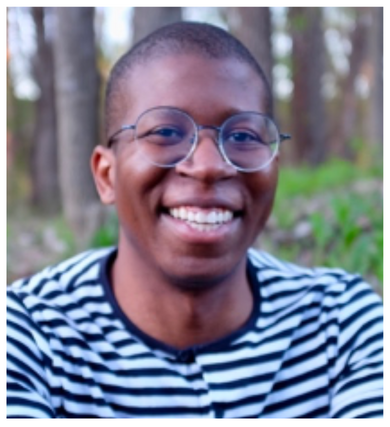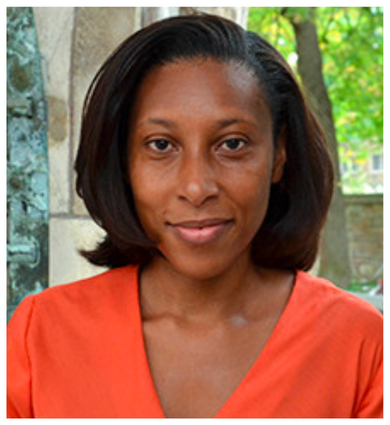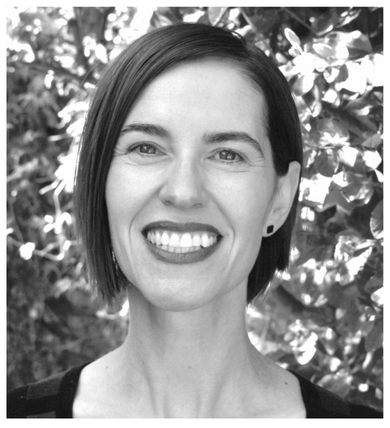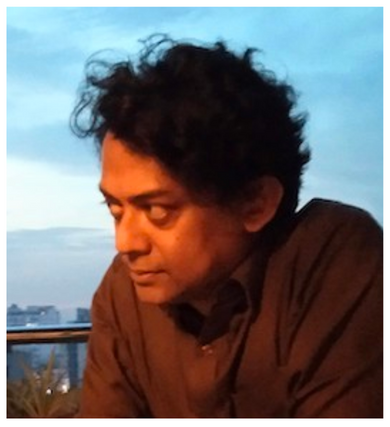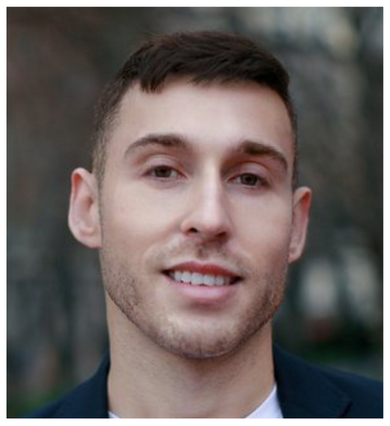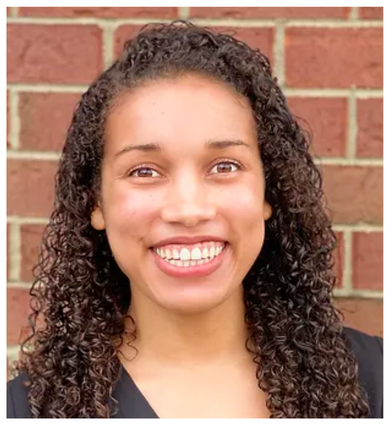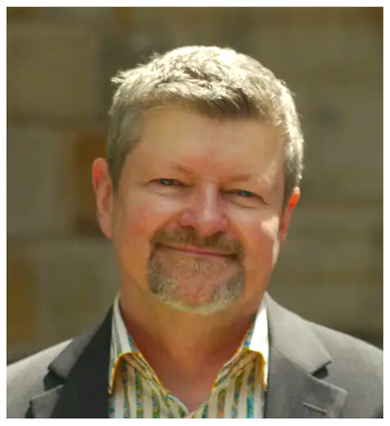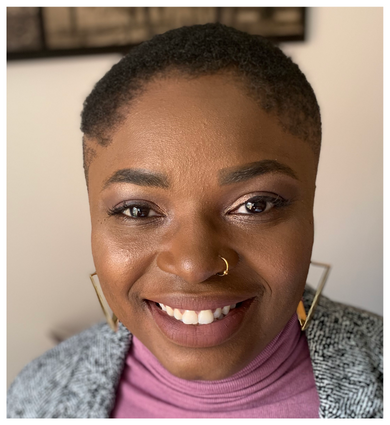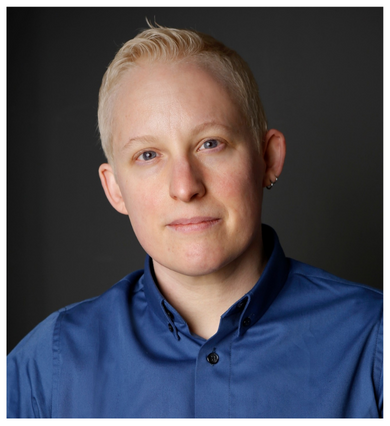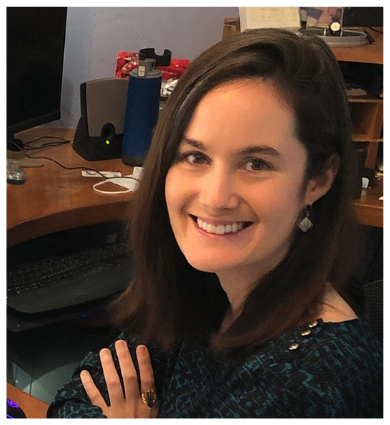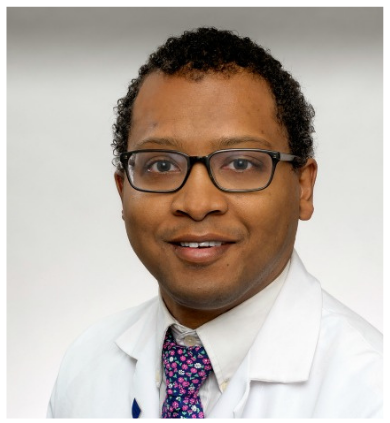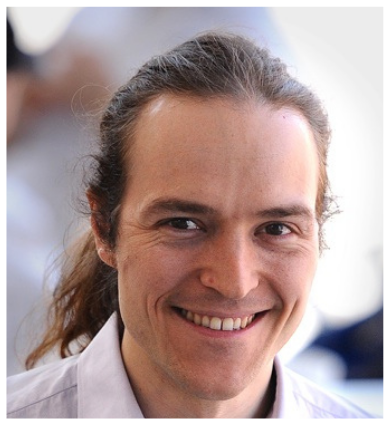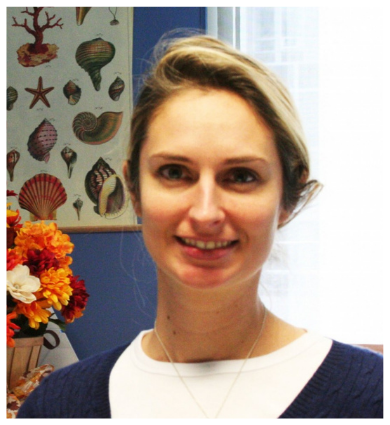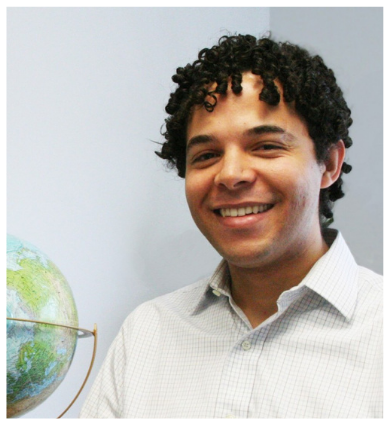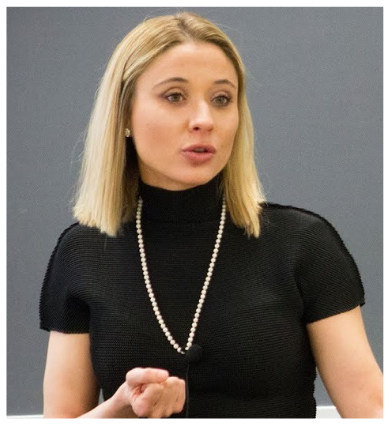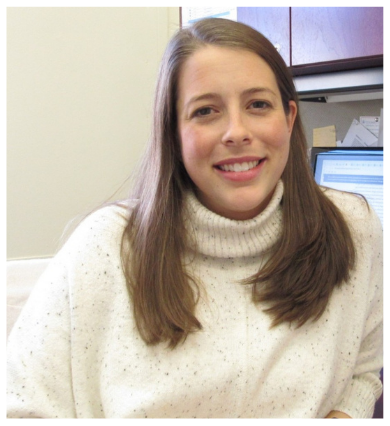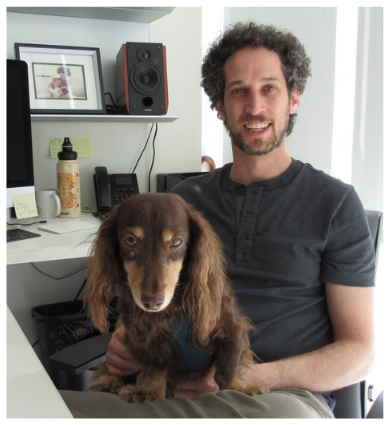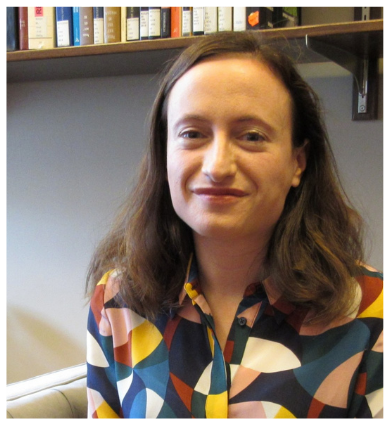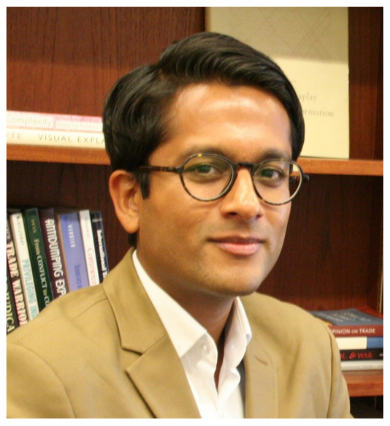In the Faculty Profiles series, the Faculty Advancement team has in-depth conversations with faculty on topics beyond their current research and teaching. Learn about pivotal moments in their careers, what inspires them, what challenges they face, and what they do when they're not on campus.
Click each faculty member's name to view the full profile.
Natasha Johnson, PhD, MSW
Assistant Professor of Social Work
"What's missing from the literature right now is the conceptualization of racism awareness. This is a term that I use to capture the ways in which people are making meaning of, have knowledge of, and understand racial inequality in its various forms."
Shanya Cordis, PhD
Assistant Professor of African American and African Diaspora Studies
"What are the practices, the ways of being, the forms of care, that communities imagine and create for themselves that cannot be fully constrained by these dynamics of power?"
Mario Small, PhD
Quetelet Professor of Social Science
Faculty of Arts and Sciences
"After Black Lives Matter, people are using the term structural racism, and all of this sounds great, but there’s a lot of jargon and not a lot of clarity about exactly what we mean by structural racism: what’s the structure?"
Rob Eschmann, PhD
Associate Professor of Social Work
School of Social Work
"My current work looks at interpersonal experiences with microaggressions and the ways they impact health and educational experiences, but all of my work serves the larger goal of dismantling white supremacy."
Charles Lea, PhD, MSW
Assistant Professor of Social Work
School of Social Work
"While the goal of my work is to document and dismantle mechanisms of structural racism that create and exacerbate racial disparities in incarceration and recidivism, I’m also focused on ways to promote health and well-being among people who have been incarcerated."
Tonda Hughes, PhD, RN
Henrik H. Bendixen Professor of International Nursing (in Psychiatry) and Associate Dean of Global Health
School of Nursing
"I’d been working over the past five to ten years to merge my interests in sexual minority health and global health, and in joining Columbia, I saw a really wonderful opportunity to do that."
David Knight, PhD
Postdoctoral Research Scholar / Incoming Assistant Professor
School of Social Work
"[My current project] examines political life among those who are incarcerated today and how political action and political movements emerge among those who are in prison."
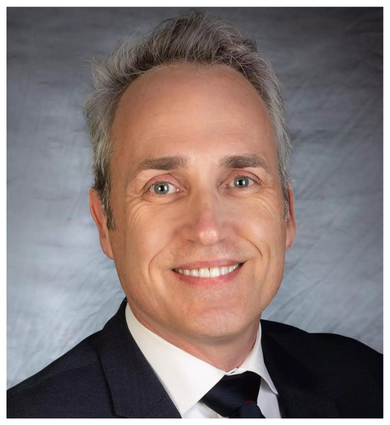
Walter Bockting, PhD
Director of the Program for the Study of LGBTQ+ Health at the New York State Psychiatric Institute / Columbia Psychiatry and the Columbia University School of Nursing
"Not only are faculty able to find a place where they can do their work and convince people that this is important, but they are actually recruited because their LGBTQ+ scholarship is valued."
Ebonya Washington, PhD
Laurans A. and Arlene Mendelson Professor of Economics
"People say that they want diversity, but they really want somebody who looks different and who does the same thing as economists are already doing. If you don't have people with different experiences in the room, then that's going to be reflected in policy."
Julia Bryan-Wilson, PhD
Professor of Art History and Archaeology
"It was a scrappy art scene that was homegrown, improvisational, and resistant towards capitalism and its institutions. Rather than waiting for someone to give us permission, we were trying to make our own culture."
Naeem Mohaiemen, PhD
Associate Professor of Visual Arts
"I wanted to preserve what I could of our sprawling, multi-generation family living under one roof. My father was an obsessive hobbyist photographer, so I held onto his photographs – almost like a raft to prevent myself from drowning."
Jon Freeman, PhD
Associate Professor of Psychology
"I hope to carve out the neural architecture that underlies our social life, to understand how we develop the intuitions we have about other people, and how we react to our social world."
Marissa Thompson, PhD
Assistant Professor of Sociology
"Even if students are coming in from another discipline, I want them to see how sociology can inform the ways that they think about the world and their place in it."
George Chauncey, PhD
DeWitt Clinton Professor of American History
"This was the 1980s, the heyday of US social history. It was a time when community study seemed like a really rewarding way to get into the history of everyday life of marginalized people who normally would have not made it into the historical record."
Nkemka Anyiwo, PhD, MSW
Assistant Professor of Social Work
"I think the most powerful impact we can have is when we pull from multiple disciplines and tackle issues and challenges and amplify things that are going well. We can avoid being so deficit-based, instead coming together to continue the growth of things that are going well."
Tey Meadow, PhD, JD
Associate Professor of Sociology
"When I was a student, there was no resource list for gay anything. Whatever we had, we built ourselves."
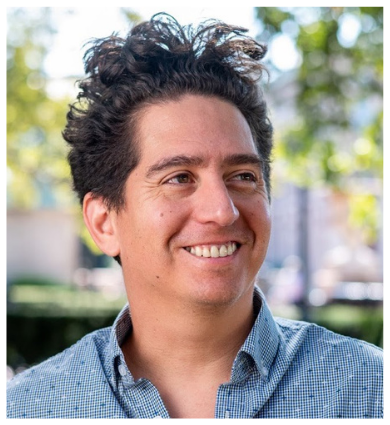
Daniel Alarcón, MFA
Assistant Professor of Journalism
"Limeños in particular are very sharp and witty, and I really like the spectacle and the fireworks of the spoken word, but it wasn’t just because it was hard and different; it was also exciting and illuminating."
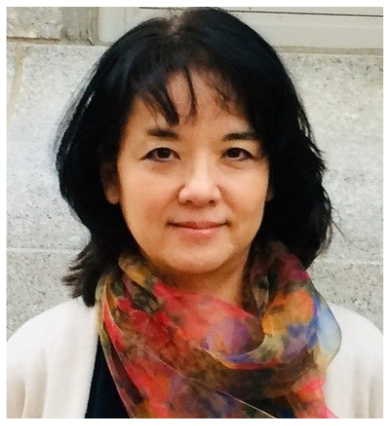
Ellie Hisama, PhD
Professor Emerita
"I was deeply affected as an Asian woman who has often experienced the sort of stereotypes that haunt us throughout our lives. I thought, we need more conversation."
Melanie Brucks, PhD
Assistant Professor of Business
Columbia Business School
"My research finds that being face-to-face is best for generative and expansive tasks. However, there are cases where we could – or even should – actually stay online."
Raymond Givens, MD, PhD
Assistant Professor of Medicine
Vagelos College of Physicians and Surgeons
"So many people are talking about equity, diversity, and inclusion, but what's missing is metrics—the science, the measurement. This is what has been frustrating for me."
Augustin Chaintreau, PhD
Associate Professor of Computer Science
School of Engineering and Applied Science
"People like me, white males who had all of the possible privilege in developing an interest and confidence in STEM, have not done our share in solving the problem."
Lydia Chilton, PhD
Assistant Professor of Computer Science
School of Engineering and Applied Science
"I try to make people more productive on hard creative tasks by making the design process a little bit more concrete."
Brian Smith, PhD
Assistant Professor of Computer Science
School of Engineering and Applied Science
"The grand vision is to make it possible for a blind person to go to a public space such as a grocery store or a metro station and navigate around that space the same way that a sighted person would, and to do so in a self-directed way."
Giorgia Piacentino, PhD
Daniel W. Stanton Associate Professor of Business
Graduate School of Business
"How does the economy allocate capital from investors who have money but no ideas to entrepreneurs with ideas but no money? What frictions prevent capital from being allocated efficiently? And what financial arrangements arise to improve capital allocation in the presence of these frictions?"
Allie Obermeyer, PhD
Assistant Professor of Chemical Engineering
School of Engineering and Applied Science
"I've been interested in the interface between chemistry, biology and engineering: how can we use our understanding of chemical matter to change or alter or understand biological systems? I think there's a lot of power in that."
Assistant Professor of Ecology, Evolution and Environmental Biology
"Since I came to Columbia, I’ve been following the work on parental behavior from both a genetics and a neurobiology perspective. We have expanded to studying aggression, first in chickens, in which we are going to try to identify a genetic basis of their aggression in chickens bred for fighting for hundreds to thousands of years."
Eliza Zingesser, PhD
Assistant Professor of French and Romance Philology
Faculty of Arts and Sciences
"People think of medieval literature as a really dusty, boring discipline, as sort of buttoned-up and heavily influenced by the Church, and it really couldn’t be farther from the truth. Medieval literature is actually zany, weird, wonderful. It’s so exuberant and bizarre and I love that students come away shocked by what they find."
Nikhar Gaikwad, PhD
Assistant Professor of Political Science
Faculty of Arts and Sciences
"Elected officials should become more cognizant and responsive to the needs of enfranchised migrants because they now face clear electoral incentives to furnish migrants with basic amenities and benefits. This ties back to my broader research agenda on the role of electoral competition in shaping economic policy outcomes."
Faculty Profiles are a project of the Office of the Vice Provost for Faculty Advancement.
